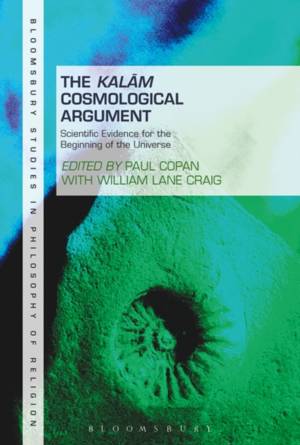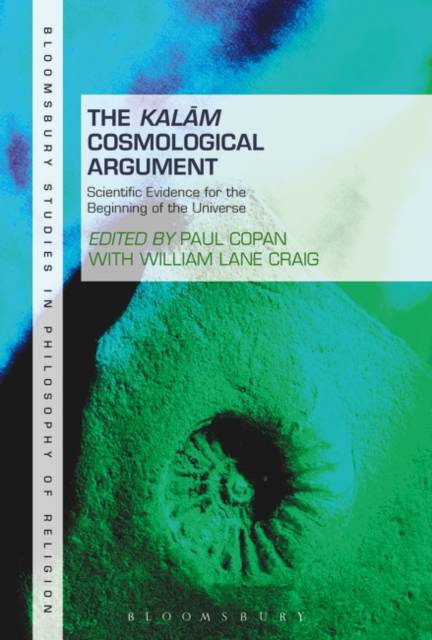
Bedankt voor het vertrouwen het afgelopen jaar! Om jou te bedanken bieden we GRATIS verzending (in België) aan op alles gedurende de hele maand januari.
- Afhalen na 1 uur in een winkel met voorraad
- In januari gratis thuislevering in België
- Ruim aanbod met 7 miljoen producten
Bedankt voor het vertrouwen het afgelopen jaar! Om jou te bedanken bieden we GRATIS verzending (in België) aan op alles gedurende de hele maand januari.
- Afhalen na 1 uur in een winkel met voorraad
- In januari gratis thuislevering in België
- Ruim aanbod met 7 miljoen producten
Zoeken
The Kalam Cosmological Argument, Volume 2
Scientific Evidence for the Beginning of the Universe
€ 79,95
+ 159 punten
Omschrijving
The ancient kalam cosmological argument maintains that the series of past events is finite and that therefore the universe began to exist. Two recent scientific discoveries have yielded plausible prima facie physical evidence for the beginning of the universe. The expansion of the universe points to its beginning-to a Big Bang-as one retraces the universe's expansion in time. And the second law of thermodynamics, which implies that the universe's energy is progressively degrading, suggests that the universe began with an initial low entropy condition.
The kalam cosmological argument-perhaps the most discussed philosophical argument for God's existence in recent decades-maintains that whatever begins to exist must have a cause. And since the universe began to exist, there must be a transcendent cause of its beginning, a conclusion which is confirmatory of theism. So this medieval argument for the finitude of the past has received fresh wind in its sails from recent scientific discoveries.
This collection reviews and assesses the merits of the latest scientific evidences for the universe's beginning. It ends with the kalam argument's conclusion that the universe has a cause-a personal cause with properties of theological significance.
The kalam cosmological argument-perhaps the most discussed philosophical argument for God's existence in recent decades-maintains that whatever begins to exist must have a cause. And since the universe began to exist, there must be a transcendent cause of its beginning, a conclusion which is confirmatory of theism. So this medieval argument for the finitude of the past has received fresh wind in its sails from recent scientific discoveries.
This collection reviews and assesses the merits of the latest scientific evidences for the universe's beginning. It ends with the kalam argument's conclusion that the universe has a cause-a personal cause with properties of theological significance.
Specificaties
Betrokkenen
- Uitgeverij:
Inhoud
- Aantal bladzijden:
- 376
- Taal:
- Engels
- Reeks:
Eigenschappen
- Productcode (EAN):
- 9781501352584
- Verschijningsdatum:
- 30/05/2019
- Uitvoering:
- Paperback
- Formaat:
- Trade paperback (VS)
- Afmetingen:
- 150 mm x 226 mm
- Gewicht:
- 521 g

Alleen bij Standaard Boekhandel
+ 159 punten op je klantenkaart van Standaard Boekhandel
Beoordelingen
We publiceren alleen reviews die voldoen aan de voorwaarden voor reviews. Bekijk onze voorwaarden voor reviews.








